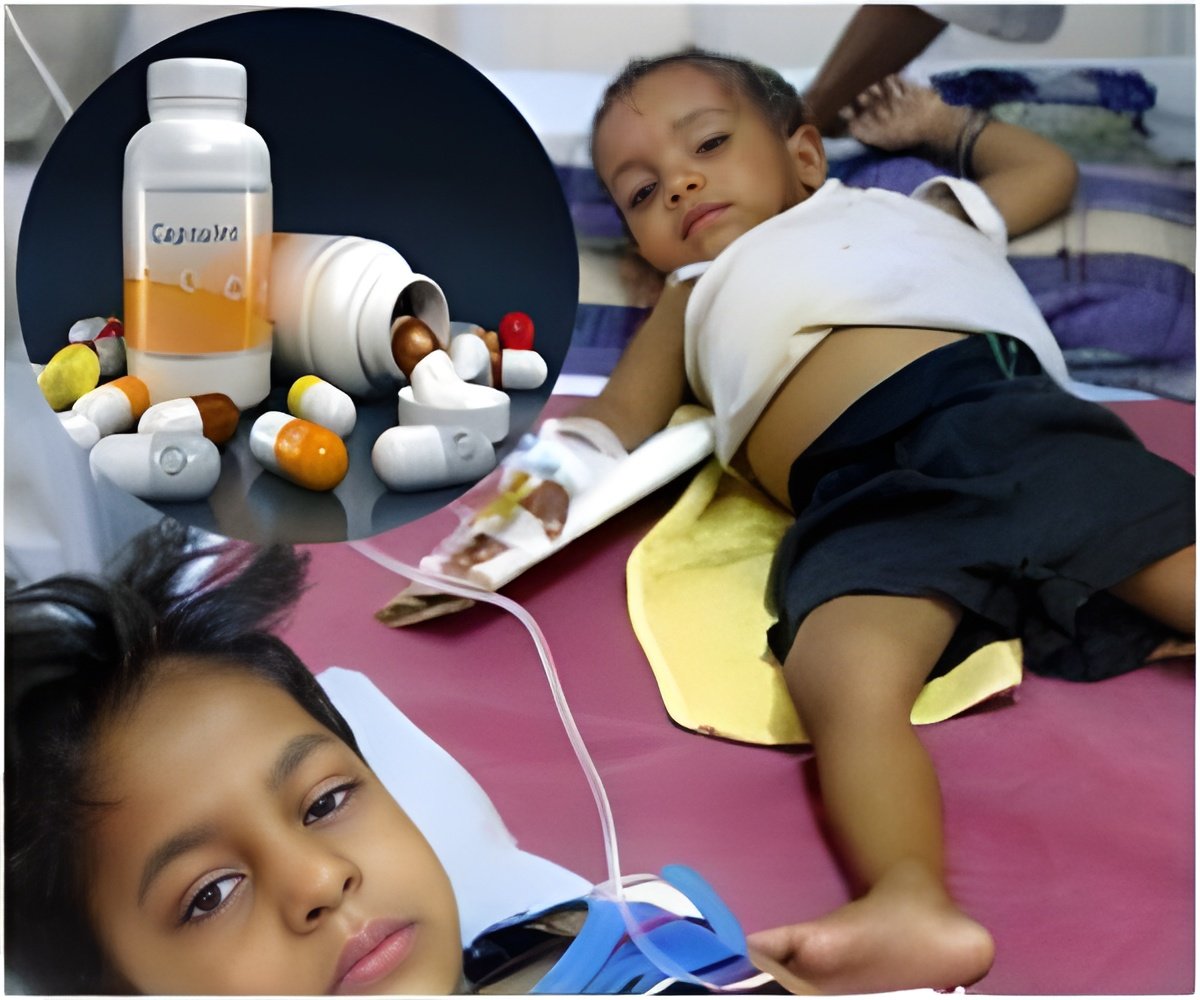
Bacteria that produce this enzyme are practically impervious to antibiotics because NDM-1renders certain antibiotics unable to bind with their bacterial targets. Since NDM-1 is found in Gram-negative bacteria like K. pneumoniae, which causes pneumonia, urinary tract, and other common hospital-acquired infections, it is of particular concern.
"To begin with, there are fewer antibiotic options for treating infections caused by Gram-negative bacteria than for those caused by Gram-positive bacteria," said Dr. Roberta Worthington, NC State research assistant professor of chemistry.
"Gram-negative bacteria with the NDM-1 enzyme effectively neutralize the few weapons we have in our arsenal, making them especially difficult, if not impossible, to treat with existing antibiotic therapy," he explained.
Previously, NC State chemist Dr. Christian Melander had found that a compound derived from a class of molecules known as 2-aminoimidazoles "recharged" existing antibiotics, making them effective against Gram-positive antibiotic-resistant bacteria like the Staphylococcus strain MRSA.
So Melander, Worthington and graduate students Cynthia Bunders and Catherine Reed set to work on a variety of the compound that might prove similarly effective against their Gram-negative brethren.
Advertisement
"We've demonstrated that we have the ability to take out the scariest superbug out there. Hopefully further research will allow us to make the compound even more effective, and make these infections little more than a nuisance," Melander claimed.
Advertisement
Source-ANI









